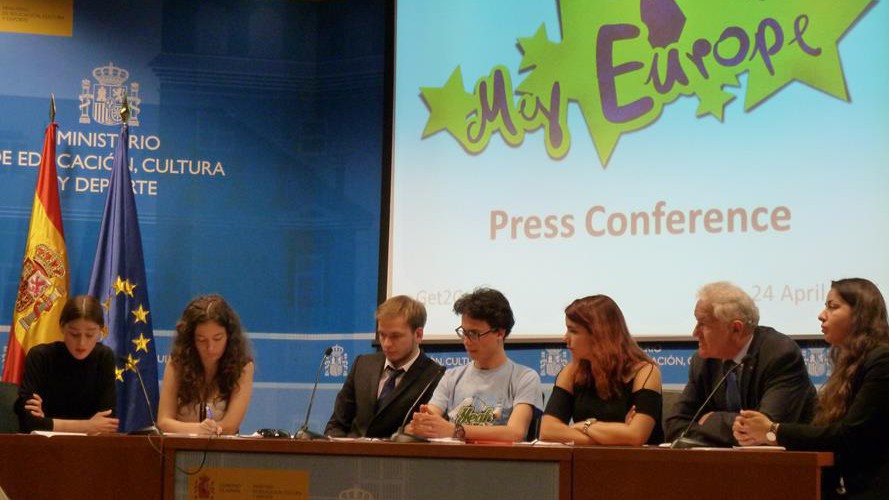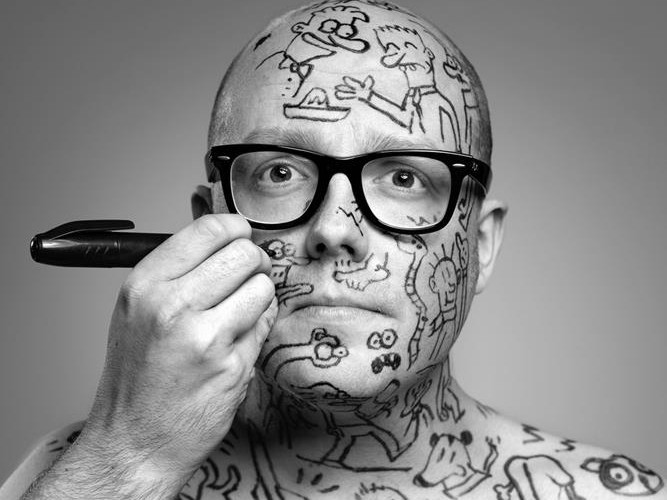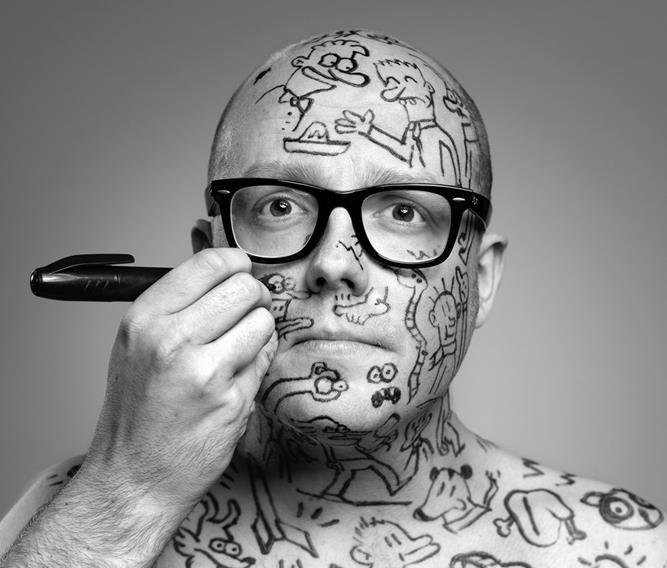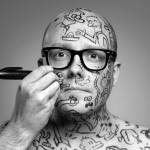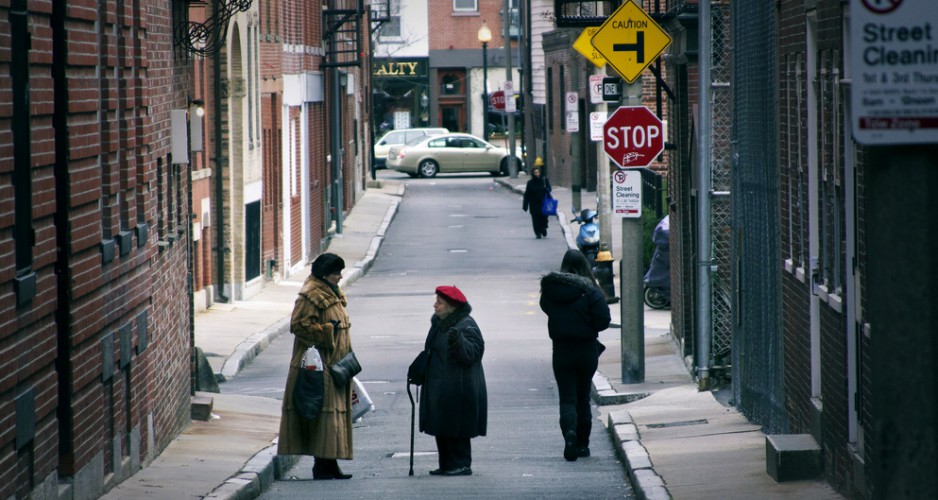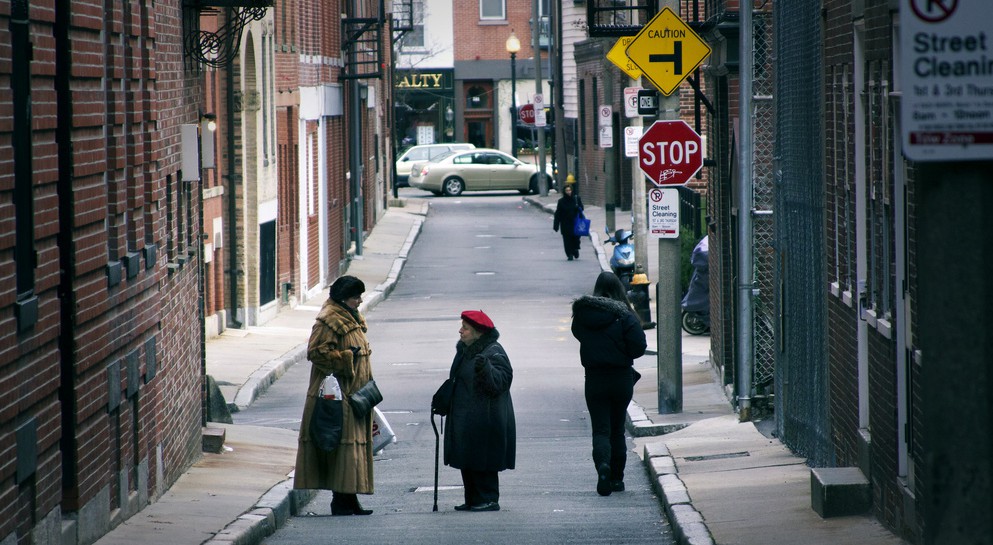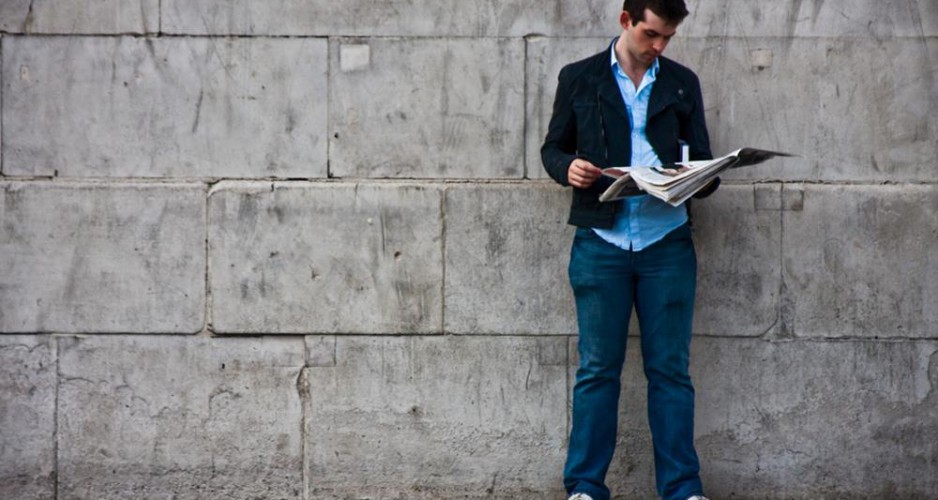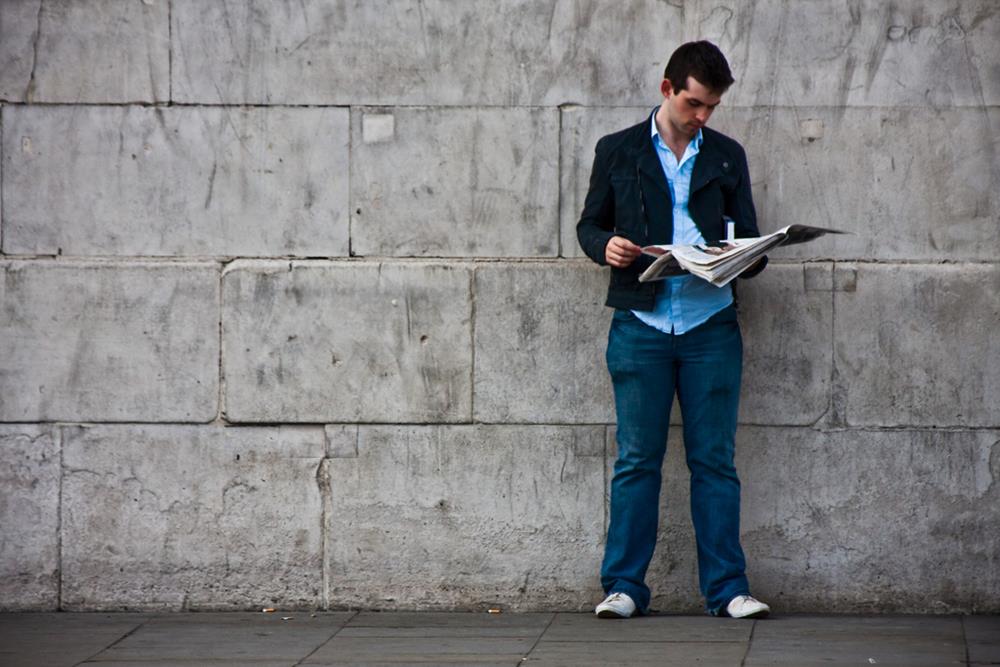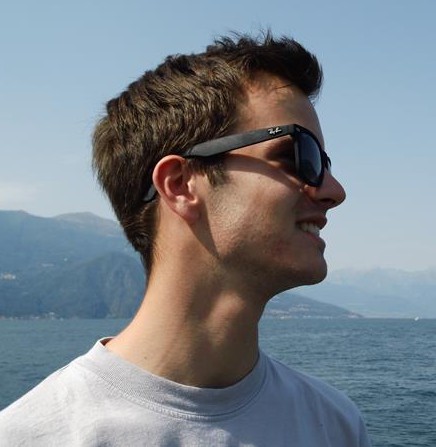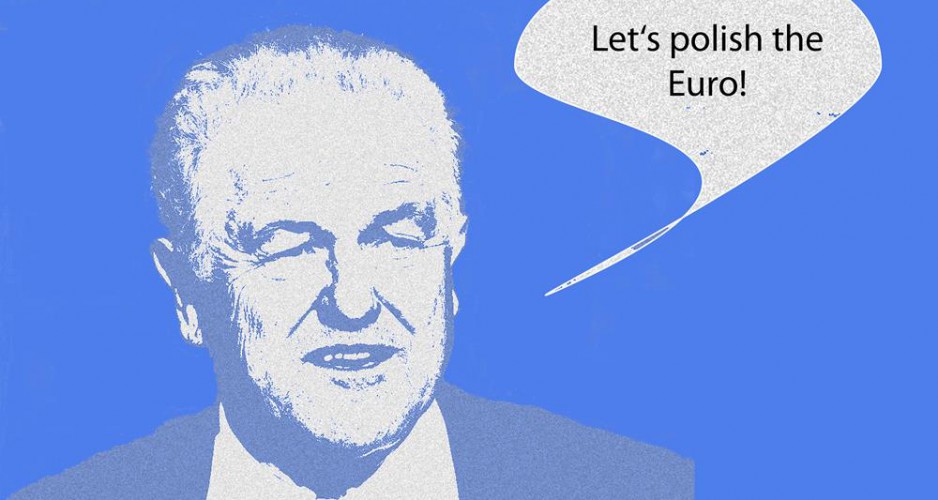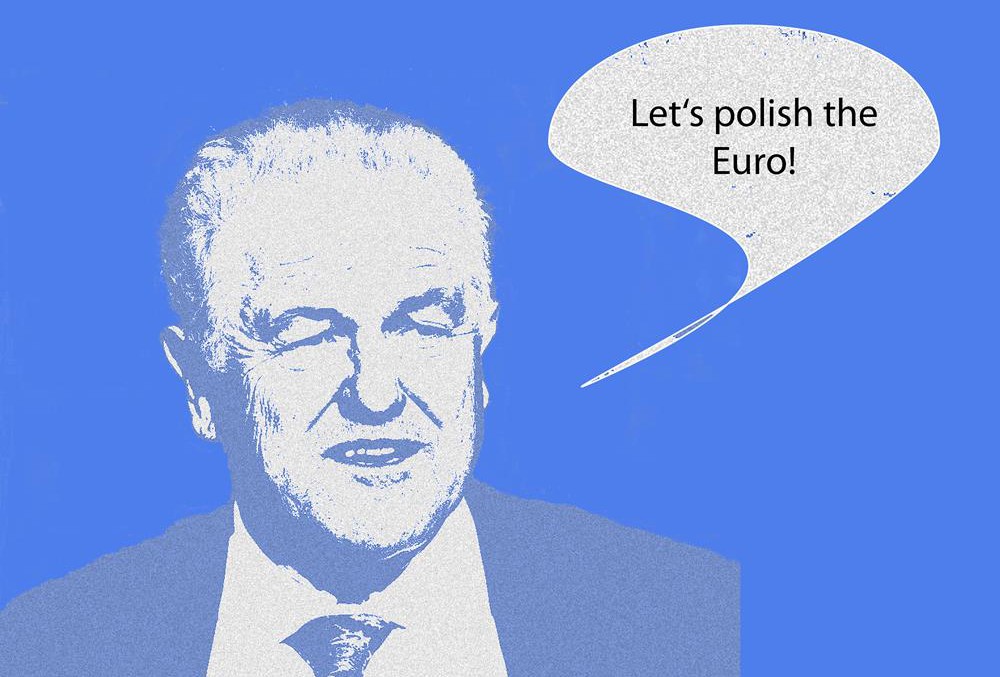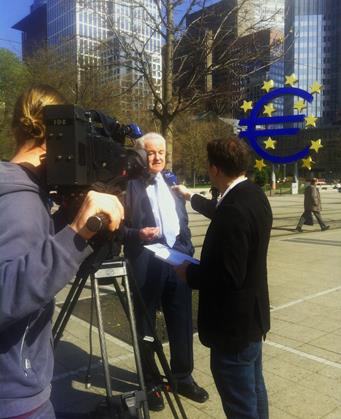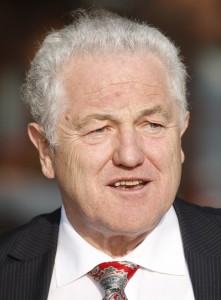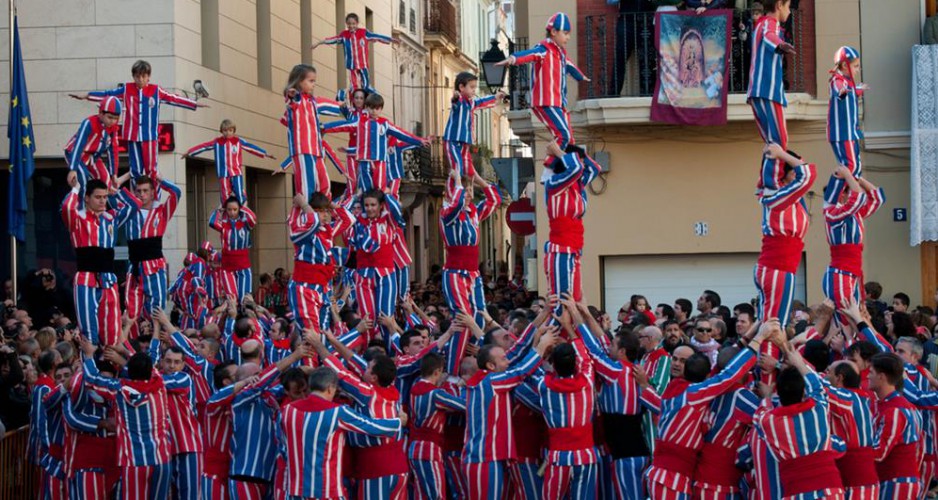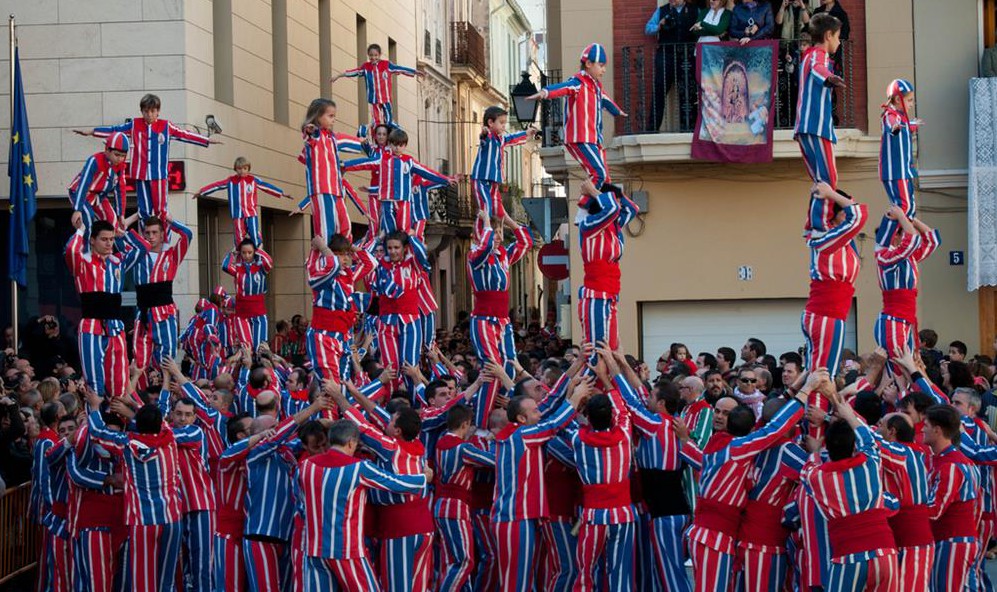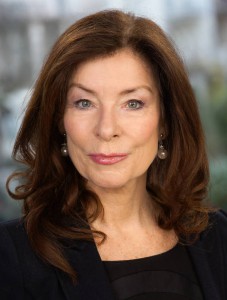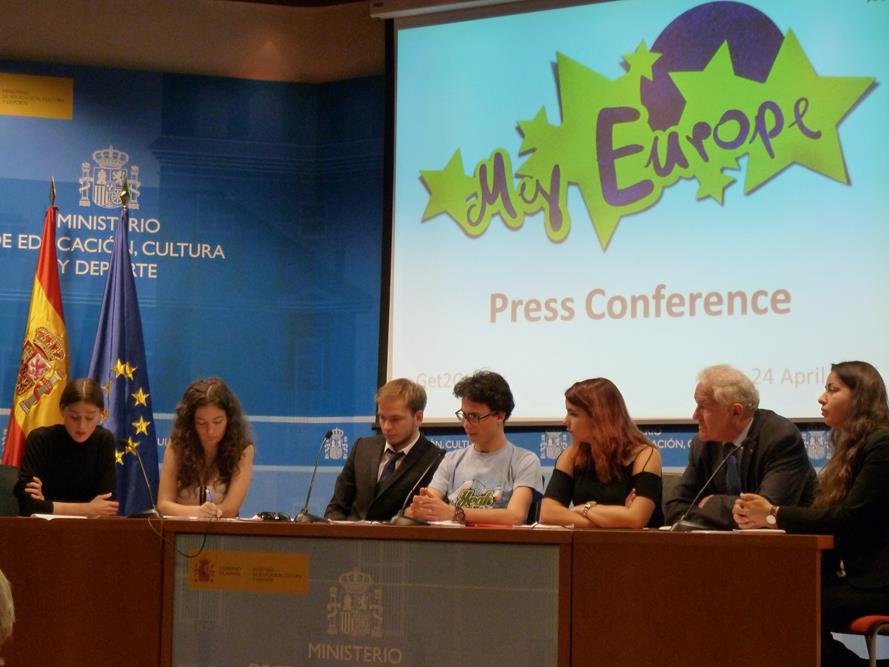
The Get2Gather of all Youth Council for the Future members took place from 23-26 April 2015 in Madrid. Together, the young Europeans elaborated on calls to actions for European decision-makers in order to help build a peaceful and sustainable Europe for future generations. Miguel is the speaker of the working group “Religion” and he held the following speech during the press conference:
Despite our discussions, the Religions Working Group has many questions and few answers – such is religion. Indeed, much of what the things I am about to say will sound like clichés or platitudes, but they remain important and worthy of saying.
I am not religious. Neither are many of you.
I am not a Catholic or a Protestant. I am not a Sunni or a Shi’a. I am not a Mahayana or a Therevada. But religion affects me. It shapes the world I live in, the way I speak, the way I see the world.
Since the Enlightenment, Europe has grapples with how to deal with religion. What place does it occupy in society, in public relations? How do we guarantee protection for all faiths?
Whatever answer we give to these questions, and there’s no shortage of answers, we must understand this: religion is not going away, and religion will not be side-lined.
These questions are most pressing when we consider the problem of religious extremism. How do we respond to this threat?
By bringing it out into the open. Religion must be brought into the public forum. And for this we must create an open space – a space in which the youth can become acquainted with various religions and discuss them. We need a comprehensive and objective religious education.
Public education exists to create citizens of a society and of a world. And for that, we must learn about this world of religions, just as we learn about other domains.
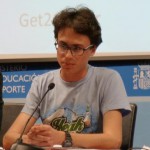
Students should become familiar with the history and ideas of major world religions, because these are forces that shape our world, across all continents. Schools must teach, not preach, while collaborating at the same time with religious communities to provide a broad and informative religious education.
In this Internet Age we live in, it is becoming easier and easier to live in a self-imposed bubble. Young people flock to online communities where their views are repeated, and where radicalization can take place. An open, discussion-driven religious education can provide a place for views to be shared and prejudices shattered.
Another matter is radicalization. The causes of religious radicalization are many and quite controversial, but they are not entirely religious. There are social conditions that foster radicalization.
Conditions in low-income neighbourhoods must be bettered. There must be better social care in these areas, and dialogue between communities and police.
Stepping back now from the topic of religious education and extremism, we find that society must review the way it talks about religion. There is constant pressure not to talk about sensitive issues in a constructive manner: some rely on provocation, others use euphemisms, most stay silent. However, to shy away from a frank debate on religion is to capitulate on one of the present’s most pressing matters.
So I say: I am not religious.
I am not a Christian, nor a Muslim, nor a Jew. In truth, My creed is irrelevant. What I want, what, indeed, we all want is to have a Europe that is at once more tolerant, more open, and more knowledgeable.
Through education we banish conceit, through integration we weaken discrimination, and through dialogue we encourage a better world and a better life.
There are very few of us here, very few out of a community of 500 million. I wish we had brought more. But perhaps we can do some good. Let us follow the true spirit of religion, let us unite!
Alhamdulillah!
Thank you.
About the author:
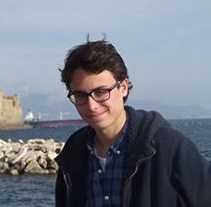
Miguel (18) participated in the “My Europe” workshop in Lisbon in Novemver 2014.

